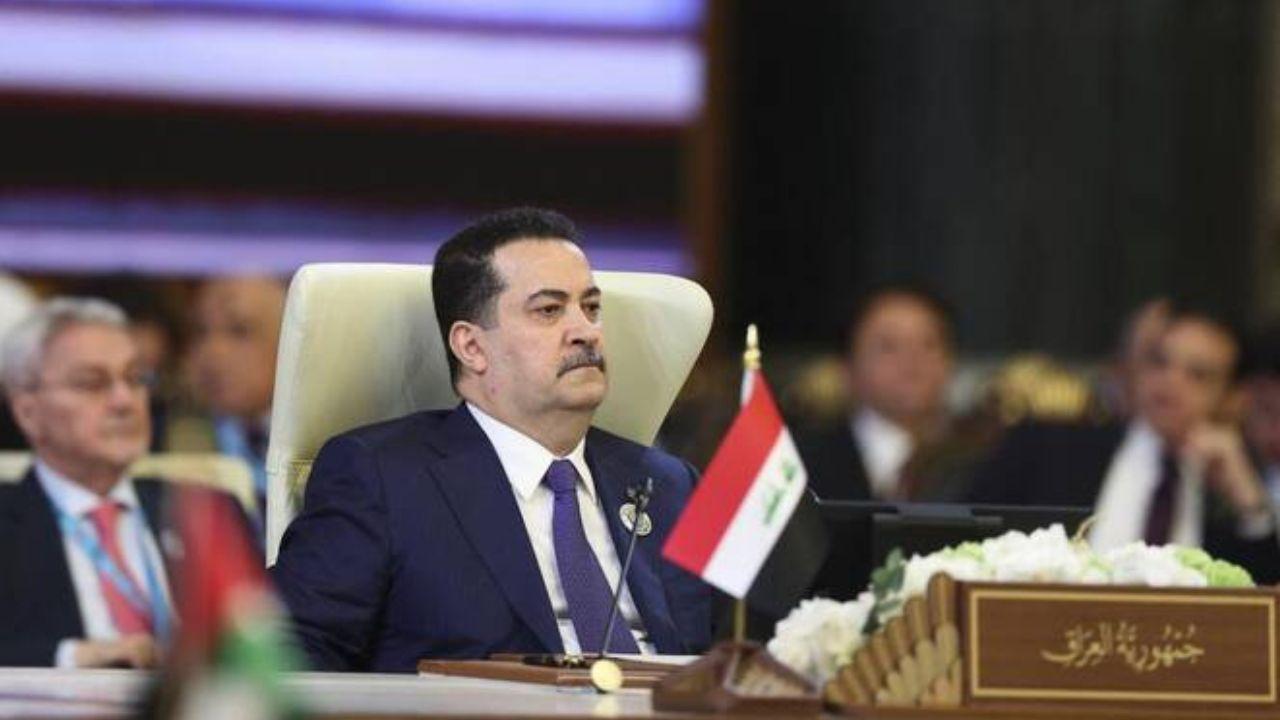
Post by : Priya
Photo:AFP
Iraq's Prime Minister, Mohammed Shia al-Sudani, is navigating a complex and delicate balancing act, seeking closer ties with the United States while simultaneously maintaining control over powerful armed groups within Iraq. This editorial explores the significance of this approach, its challenges, and its implications for Iraq’s future stability and prosperity.
Background and Context
The geopolitical situation surrounding Iraq has never been easy. Located at the crossroads of major regional powers, Iraq faces continuous pressure not only from external actors like the U.S. and Iran but also from internal armed factions with varying loyalties. Since the 2003 U.S. invasion, many militia groups, often aligned with Iran, have entrenched themselves within Iraq’s political and security landscape. These armed groups wield significant influence, sometimes challenging the authority of the central government.
Prime Minister al-Sudani came to power in 2022 backed by a coalition supported by Iran-linked parties. Despite these ties, he is clearly aware that Iraq’s future security and economic development depend on a firmer partnership with the United States, a country that remains pivotal in the region. However, fostering this relationship requires deft political and security management to avoid alienating Iran-backed militias or sparking further internal conflict.
Keeping Iraq Neutral amid Regional Conflicts
Recent years have seen Iraq caught amid proxy conflicts, most notably the escalating tensions between Israel and Iran. When Israel launched airstrikes against Iranian nuclear facilities, Iran retaliated with missile strikes, and Iran-affiliated armed groups in Iraq sought to escalate the conflict by targeting U.S. forces and potentially Israeli interests.
Prime Minister al-Sudani’s administration managed to prevent these groups from dragging Iraq directly into these clashes. According to official statements, Iraqi security forces blocked approximately 29 attempts by militias to launch missile and drone attacks toward Israel and U.S. bases within Iraq. This demonstrates the government’s resolve to keep Iraq’s territory from becoming a battleground and to uphold sovereignty over all armed actors inside the country.
Al-Sudani also engaged directly with Iranian political leaders, urging calm and encouraging dialogue rather than violent escalation. This diplomatic effort underscores how Iraq is positioning itself as a stabilizing force, attempting to mediate between regional tensions while protecting its own interests.
Balancing Security Cooperation and Sovereignty
The future of the U.S. military presence in Iraq is uncertain. While the two countries agreed to conclude the American-led coalition’s combat mission against the Islamic State by 2025, delays in troop reductions reflect ongoing security concerns. Al-Sudani has stated that Iraq and the U.S. will meet to negotiate a new bilateral security agreement to define their future military cooperation, emphasizing the need to maintain Iraq’s security without ceding sovereignty.
Iraq seeks to benefit from U.S. military training and intelligence support while reducing reliance on foreign boots on the ground. This balancing act is complicated by armed factions loyal to Iran, some of which vehemently oppose any U.S. presence. Al-Sudani’s efforts to keep these groups “at bay” involve a mix of military pressure, political negotiation, and intelligence activity aimed at preventing militant actions that could derail Iraq’s stability.
Economic and Technological Partnership Prospects
On the economic front, the Prime Minister is pushing for increased U.S. investment, particularly in Iraq’s oil and gas sectors, which are crucial to the country’s economy. He also aims to expand cooperation into emerging fields such as artificial intelligence, which signifies Iraq’s ambition to diversify and modernize its economy. Through closer economic ties, Iraq hopes to secure the capital and technology necessary for reconstruction and development.
Al-Sudani’s outreach to major American oil companies reflects a strategic intent to leverage U.S. economic power to counterbalance Iranian influence within Iraq and beyond. This approach also signals to global markets that Iraq is eager to create a stable and investor-friendly environment despite lingering security and political challenges.

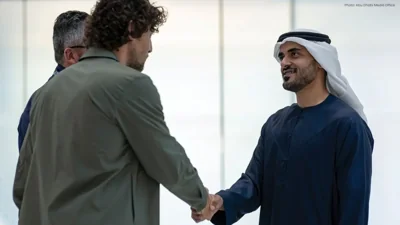

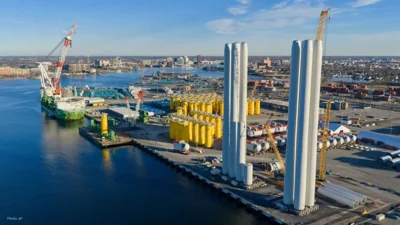
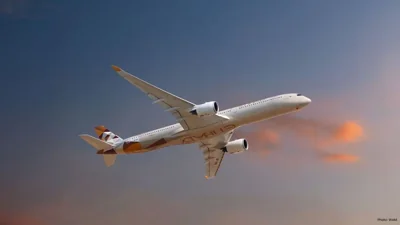

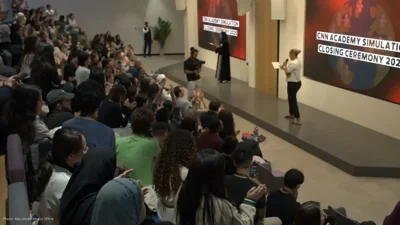



Tragic Fall Claims Life of Teen at Abandoned Filming Site
A 19-year-old woman tragically fell to her death from an abandoned building in Atlanta, previously f

Dhurandhar Surpasses 800 Crore Mark at the Box Office
Ranveer Singh's Dhurandhar rakes in ₹800 crore globally, with the hit song Shararat captivating audi

Kriti Sanon Discusses Her Complex Role in Tere Ishk Mein
Kriti Sanon initially found her role in Tere Ishk Mein negative but grew to understand and appreciat

Release of 130 Students From St Mary’s Catholic School Marks Hopeful Turn in Nigeria
Nigerian authorities announce the release of 130 students from St Mary’s, ensuring no pupil remains
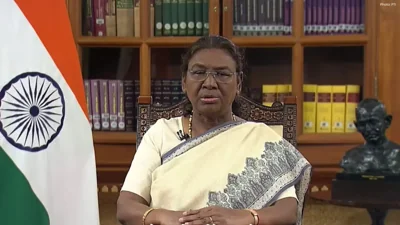
President Murmu Endorses SHANTI Bill to Propel Nuclear Energy Expansion
President Droupadi Murmu endorses the SHANTI Bill, facilitating private sector involvement in nuclea

New Zealand Claims Test Series with Decisive Victory Over West Indies
New Zealand triumphed over West Indies by 323 runs in the final Test, securing a 2-0 series win with